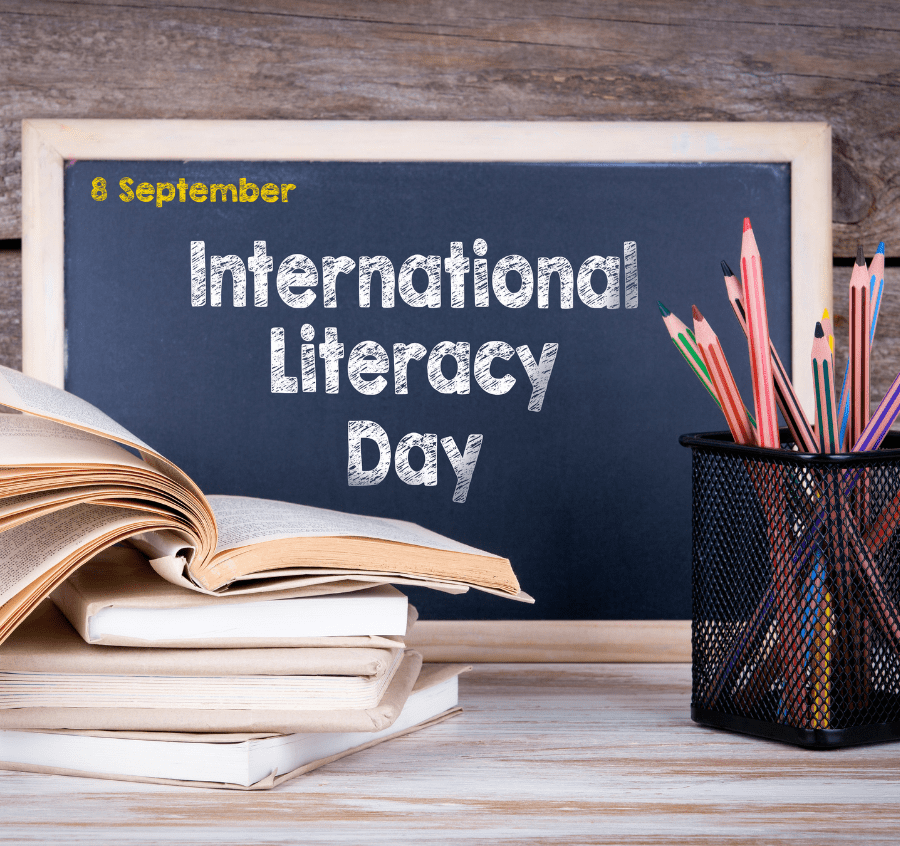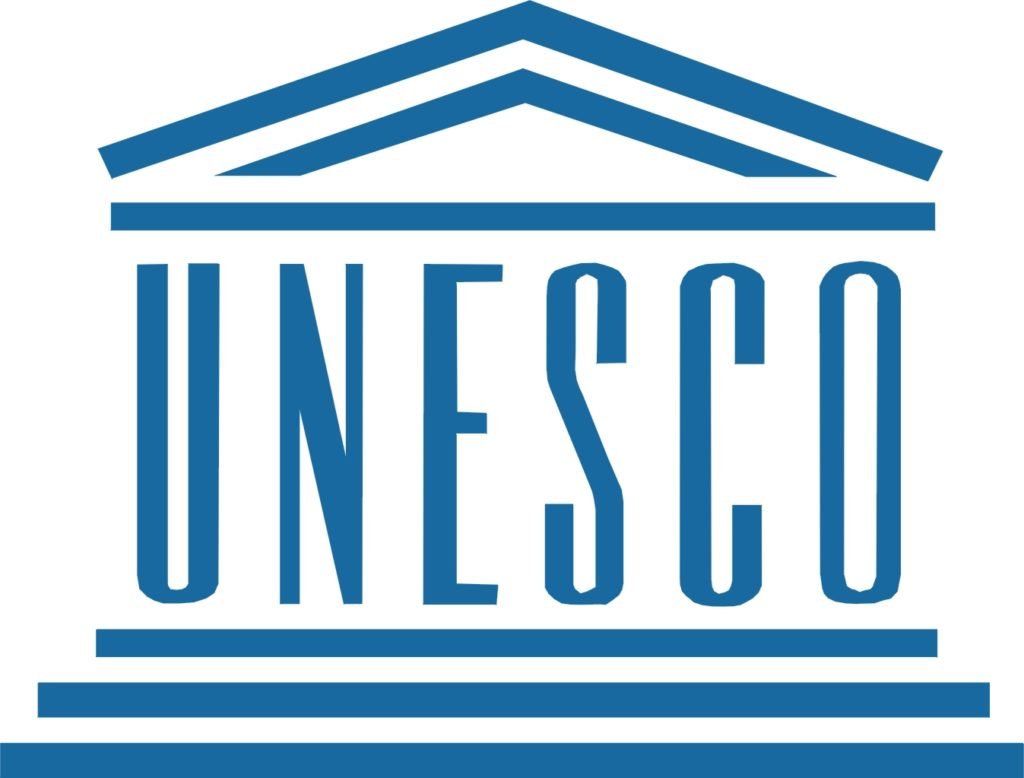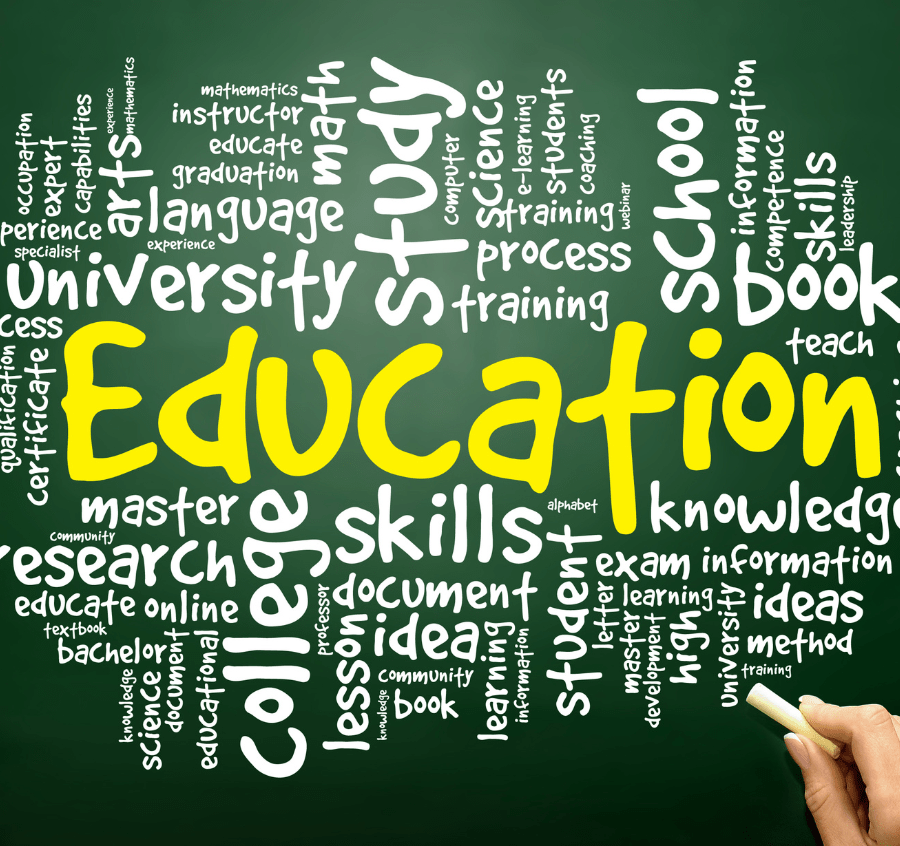Why International Literacy Day Matters?

International Literacy Day (ILD) has come once again, centering many of its advocacies on “Transforming Literacy Learning Spaces.” The commemoration every September 8th is another call for more communities with higher reading and writing proficiency levels. While it can be challenging, just like making ends meet, it is a crucial step to eradicating societies that have become unfair and oppressive. Similar to all the other human rights we advocate, this is of great importance as well.

What is International Literacy Day?
A little background to what International Literacy Day is, it is an annual observance worldwide, which purpose is to promote the massive importance of reading and writing to everyone’s lives. It was in 1966 when the United Nations Educational, Scientific and Cultural Organization (UNESCO) officially declared it across many nations. As the declaration transpired at the 14th UNESCO General Conference, it highlighted “the need for intensified efforts” as we progress to a more literate world. The following year, in 1967, local institutions adopted it with different initiatives pushing for formal and quality education.


Progress made came to a halt
While it is true that there has been progress, UNESCO still recognizes persistent challenges in advancing the said agenda. Have you ever pondered on what it is like to live in a place where illiteracy continues to prosper? One thing is for sure, tragic. According to UNESCO data, approximately 773 million people, coming from the younger and older generations, lack basic ability to read and write. These were the pre-pandemic statistics, but how much more now that we are two years into the pandemic? With everything disrupted, the challenge now for us is to rethink the following steps to take.
Stepping up to a more inclusive, possible return
Other than the health sector, it is education that the COVID-19 crisis has weakened the most. It affected the learning system, much more the students and the teachers. The continuous damage it has done forced millions, if not billions, of people to become adept in distance learning. What is more saddening is how it reveals matters we never really get to prepare for. We can, in every way, observe the new everyday situations and know what could have gone wrong. As such, the need to step up for a more inclusive approach. This year’s celebration of ILD, “Transforming Literacy Learning Spaces,” tells us about the ways we can possibly return.


It is now time for the governments, schools, communities, and other institutions to rebuild learning spaces that deprived many educators and learners. True to what UNESCO observed, “we are at a critical juncture.” That is why as we navigate the ways forward, we also need to lay the groundwork for the resources and have it utilized. Following the existing divide in the traditional and digital realms, it is only correct to say that it is no longer enough to be literate in sustaining development.

The transformation that the ILD aims for is not just about resuming after a period of discontinuance. If anything, this is an opportunity to collectively reexamine and change perspectives that can help humankind. Each institution has a significant role to play. Hence, to advance literacy in the world, there must first be an acknowledgement of and accountability for the struggles. Additionally, the heart while carrying out literacy initiatives that demonstrate why International Literacy Day matters, especially to all women and children.
Arvie is a free-spirited woman who consistently embodies a person's character of wanting to explore things and life in general. She loves to establish a deeper connection with herself and others through her fondness for writing and music. No matter the circumstances, Arvie hopes to be remembered as a positive experience, with nothing but love for all the people she crosses paths with.





